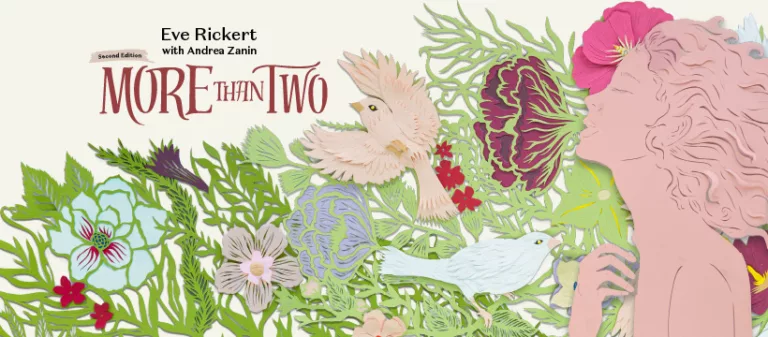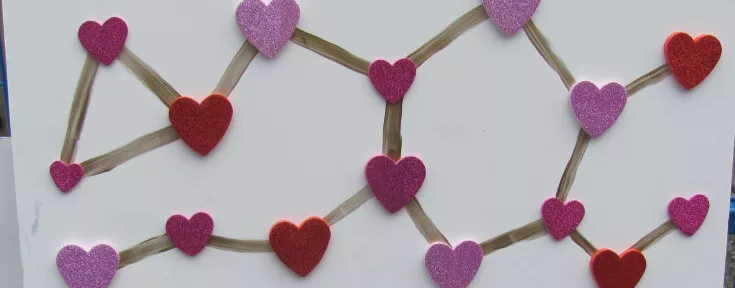This is the tattoo I got on my left shoulder two years ago this week. It’s a quote from V for Vendetta, by Alan Moore:
But it was my integrity that was important. Is that so selfish? It sells for so little, but it’s all we have left in this place. It is the very last inch of us. But within that inch we are free…
The story behind the tattoo is long, but it deals with a very dark time and place in my life—a time when I had no good choices, most of the time. For a long time, my integrity was all I had left, and all I had to guide me. If you know you can’t win, and the people you care about can’t either, and the consequences of any choice you make are completely unpredictable anyway, what do you do? For me, it was hold my head up, put one foot in front of another, and make whatever choice in each moment was the one with integrity.
It seems like those times when you have no good choices, when you can’t win (and no one else can, either) do have a tendency to crop up in polyamorous relationships. We can talk about negotiation and compromise and finding win-win solutions, but sometimes those happy mediums just aren’t available. Or maybe it’s just that you can’t see them. Maybe it’s because the more people’s needs and personalities you put in the mix, the more likely conflicts are to arise, and some of those conflicts only seem to have solutions where everyone has to give something up.
My co-author and I are founding the book on an ethical framework focused on maximizing well-being for everyone involved. But sometimes that does mean minimizing losses rather than maximizing gains, and no matter how you reason your way through it, it feels like crap to make choices that you know are going to hurt people, just because you hope that down the line, they’re going to hurt less than the other choices you could make. And sometimes you genuinely can’t tell: sometimes the long-term effects of your choices are impossible to see, and so you’re faced with a set of choices that feel lousy in the short term and whose long-term effects can’t be predicted.
So when that happens—if you can’t make a move without hurting yourself or someone else—how do you make your choices?
An inch. It’s small and it’s fragile and it’s the only thing in the world worth having. We must never lose it, or sell it, or give it away. We must never let them take it from us.
When I’ve come to those places, that’s when I try to centre back on my integrity. But even that can be slippery. After all, what exactly does it mean to act with integrity? Some people define integrity as essentially the same thing as honesty. Others see it as consistency of action, or consistency of action with belief. But the root of the word integrity means “whole.” Focusing on integrity for me means an intense focus on the present moment: what am I doing right now, and is it in alignment with my most authentic self? If in 10 years I were to look back at myself and the choice I am making in this moment, would I like the person I see?
I can’t say the choices I make in those moments are always the right choices, by any realistic definition of “right.” I can’t even say that they feel right. But I’m human, and I can’t see the future. Sometimes you don’t know where the road you’ve taken is going to lead you, and sometimes it takes everything you have just to keep going. And sometimes that’s enough.
I live my life in widening circles
that reach out across the world.
I may not complete this last one
but I give myself to it.
—Rainer Maria Rilke
Like what you’re reading? Buy the book now at Amazon or Powell’s.



